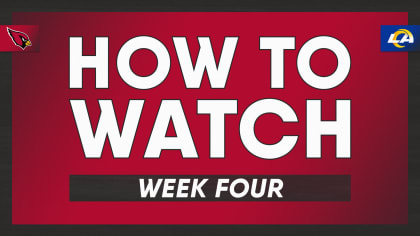

hours devoted to your case, court reporting costs, expert witness fees, private investigator fees, etc.), you will receive your settlement money. Once your attorney pays off any remaining liens and subtracts legal costs (e.g. Be sure to always discuss with your attorney in advance whether or not any unpaid debts or liens exist in your particular case, so you’re prepared accordingly.Ĥ- Deducting legal fees and paying you directly: Most personal injury attorneys work on a contingency basis, which means you pay nothing up front, and instead a portion of the final settlement award is deducted and used to pay the lawyer fees. However, it should be noted that in some cases your attorney might need to put a portion of the settlement money towards any outstanding debts or liens. As soon as the check clears, your personal injury attorney will distribute the settlement money. In most cases, the settlement check is sent to your personal injury attorney, and made payable in both of your names.ģ- Depositing the check: Once the check is received, your attorney will deposit it into a special trust or escrow account. By signing the release, you effectively protect the liable party from being sued in the future for the same injury or accident.Ģ- Processing the release: After you’ve signed the release, the insurance company processes the document and then issues a settlement check. The process of obtaining a settlement check includes the following steps:ġ- Signing a release: In order for the defendant’s insurance company (or defendant alone) to issue a settlement check, you will have to sign a release form stating that no further legal action will be taken to pursue additional damages for the incident in question. When a victim is injured in an accident and suffers expenses from medical care, lost wages or earning capacity, reduced quality of life, pain and suffering, loss of consortium, and more, financial compensation via a civil lawsuit settlement is a means of helping the injured party recovery and live a productive life following an unfortunate accident.

Personal injury settlement checks can be issued for various types of cases, including car accidents, wrongful death claims, slip and falls, product liability or defect claims, premises liability claims, medical malpractice, TBI (traumatic brain injury) or spinal cord injuries, and more. What are the steps involved in receiving a personal injury settlement check? In some cases, settlements are reached before a lawsuit is ever filed. A settlement may be reached before a trial, or during its early stages. By settling out of court, defendants can avoid exorbitant costs of litigation, which can drag on for an extended period of time depending on the nature of the case. Agreeing to a settlement is an advantageous option for both parties in many cases. Agreeing to a settlement is commonly referred to as settling out of court, and said settlement effectively ends the matter of litigation. In almost all cases, a settlement requires the defendant to pay the plaintiff monetary compensation – whether for medical bills, pain and suffering, lost wages, psychological trauma, etc.

Generally, a settlement occurs when the defendant agrees to some or all of the plaintiff’s claims rather than proceeding to fight the matter in a court of law.

#Hale vs state farm check trial#
In civil lawsuits, a settlement is an alternative to pursuing trial litigation. Let’s take a look at the standard process for receiving a personal injury settlement check, the steps involved from start to finish, and also look at average settlements for personal injury cases. There are, of course, exceptions to that rule, and delays can occur. Although the time required for a settlement negotiation process to be finalized can vary considerably from case-to-case, once a settlement is reached a victim can generally expect to receive a settlement check in approximately six weeks. After a serious accident that results in significant injuries and, in many cases, prolonged recovery time, it’s understandable for victims to want to know when they can expect to receive a settlement check for financial losses.


 0 kommentar(er)
0 kommentar(er)
